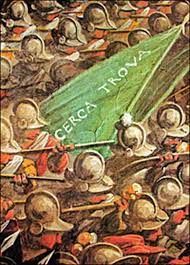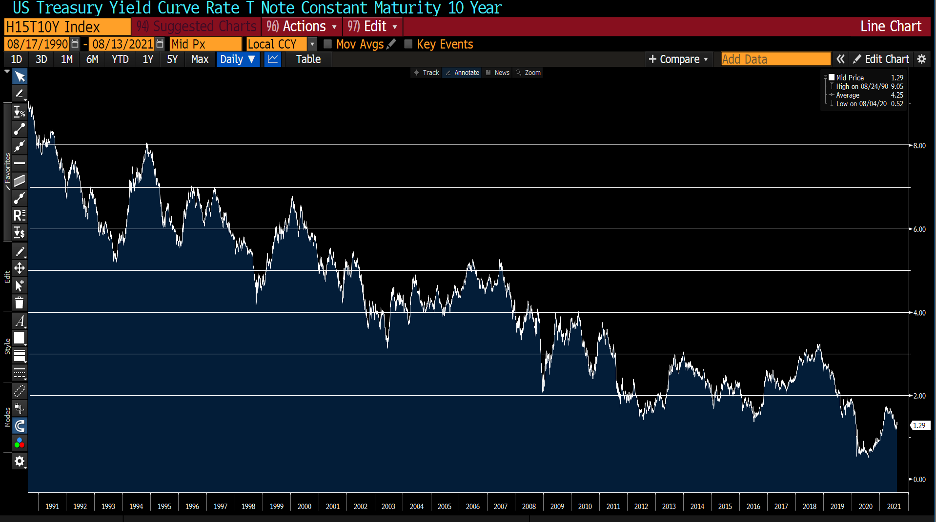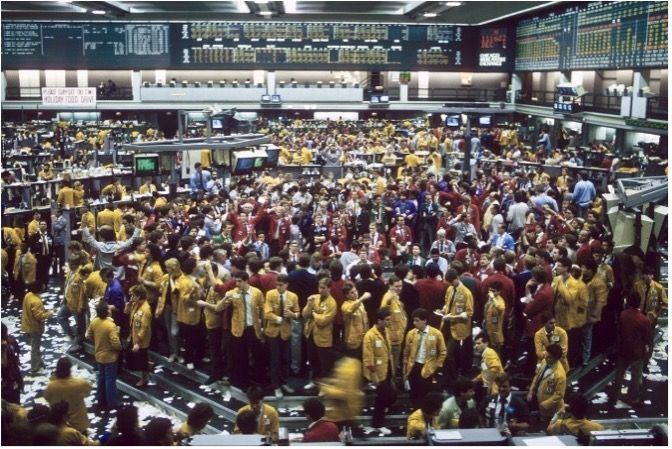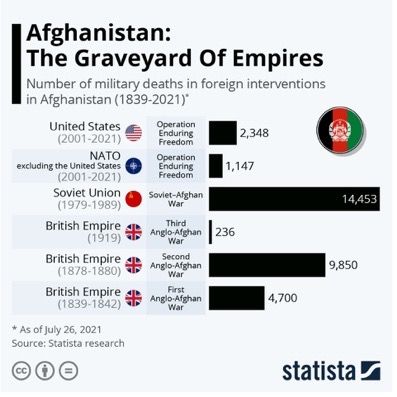The Battle of Marciano is a gigantic painting of a
battle that was fought way back in 1524. It can be found in Florence's "Hall of
the Five Hundred," an incredibly beautiful part of the Medici Palazzo Vecchio.
It is a vast painting which the Medicis commissioned to commemorate their
victory. The battle was so important because France and Spain were battling to
"rule" Europe. Thousands of men died in the melee. This battle was decisive in
determining who would rule Sienna and ultimately all of Tuscany. Ironically, very few people have ever heard
of the battle, including me until recently!

If you take out a pair of binoculars and carefully search
through the upper middle part of the painting, you will see some small green
flags captured from the Sienese army. The flags were meant to be inspirational
to the troops and contain phrases from Dante. One has the phrase Cerca Trova
which I have borrowed as a title for this post. Loosely translated, Cerca
Trova is Italian for "Seek and Ye Shall Find."
Ironically, this phrase was included to
belittle the Sienese since they "sought and found" defeat which believe it or
not, brings me to the point of this post.
Like many of you, I watch and study the markets every day.
I like to think I have a good feel for what's going on with interest rates as I am someone who usually reads the Fed meeting minutes. We have all been witness to a bull market in rates (prices up - rates down) over the past 30 years. I think sometimes we forget as recently as the early 2000s rates were in the 5-6% range. The idea of negative rates was not even considered plausible back then. For my part, I was convinced in those days that sustained rates below 2% were improbable, if not impossible. But here we are. We have been languishing below 3% for a decade now.

There is a silver lining in this extended low-rate
environment, however, namely that it gives us a chance to hunt down the past
bad decisions in our portfolios and eliminate them while doing so isn't too
painful.
One of the three main tenets of our advice has always been to
eliminate poor risk-rewards. It always sounds so simple, but it is a difficult
discipline to execute. I've spent a lot of time discussing how to find good
risk-rewards and how to select good combinations in the past, but the
discussion of eliminating the poor items is always more difficult. If you think
about it, that is true for much in life—not just in portfolio management.

When I traded at the Chicago Mercantile Exchange—literally
in the "pits"—we used small 3" x 5" trading cards to record our trades. We were
actually pretty good at whipping the cards all the way across the pit to our
counter-parties. We used hand signals, shouting, and these cards to trade with
others. Often the two traders' positions would be 30-40 yards apart. Occasionally,
two traders standing close to each other would cross signals with someone far
away in the confusion of which one he was responding to. This resulted in what was referred to as an
out trade. For example, maybe two people standing close to each other each
thought they had sold a contract to a counter-party across the pit. One of these
people is correct, and one is incorrect. The clerks would run around the
outside of the pits constantly to confirm the trades, and when an out trade was
discovered, there was one iron clad rule: immediately cover the error and
figure out the consequences later. Sometimes they went in your favor and
sometimes they went against you, but if you didn't cover immediately, you were
on the hook.
I think we need to return to that discipline in portfolio management.
Stocks, bond, crypto, etc. - we will all
make mistakes. It's easy to blame taxes, regulators or even our brokers when we
make mistakes, but that is not very productive. We need to cover our errors
immediately and then figure out the consequences. What most people realized in the pits is
that even though occasionally an out trade might work out beneficially for
somebody, it always seemed to go massively against someone else. This low interest
rate and high stock valuation environment has given everyone an opportunity to
correct past mistakes and errors in judgement.
I have often described a fixed income portfolio as a bowl of
spaghetti. The bigger your portfolio grows, the more CUSIPs you have and the
more difficult it becomes to spot the poor risk-rewards today or in the future.
Now is the time to dig in and do it. I certainly don't know the future, none of
us do, but it does seem as though we have been given a reprieve and a window of
opportunity to correct. Don't ever forget that bonds (and stocks) change their
character over time. Something that was purchased 3-4 years ago is not the same
thing today. It has changed. It could have been a great risk-reward in 2017,
but the character and attributes of the structure have most likely changed.
Review, reflect and adjust. As I hinted above, it feels a little risky to bring
up an out trade but doing so actually demonstrates maturity and technical
excellence. Explain why and how something has changed; it may not even have
originally been an out trade. You'll demonstrate your technical mastery even
more powerfully if you show how to improve the situation. Cerca Trova!

I usually save my final thoughts for some
food related topic, but I think I would be remiss today if I did not mention
the situation we are faced with in Afghanistan. I am no expert on the regional
politics or the implications of pulling out, outside of what I am watching on
the same news channels I am sure you are.
Afghanistan has a historical reputation as the "Graveyard of Empires,"
and I found a graphic worth sharing. Our country has certainly paid a weighty
price in not only money, but in the 2,348 people who gave their lives, and the
losses their families have suffered, too. The sad reality is that probably less
than 5% of the U.S. population has any idea where Afghanistan is even located,
but virtually all the great superpowers in history have tried to control this
country where war never seems to stop. I am very concerned with what will
happen to our friends and allies in the region. I hope and pray that our troops
and citizens that are currently being evacuated can escape safely.
Be sure to fill out the form below to subscribe to my weekly
blog.


